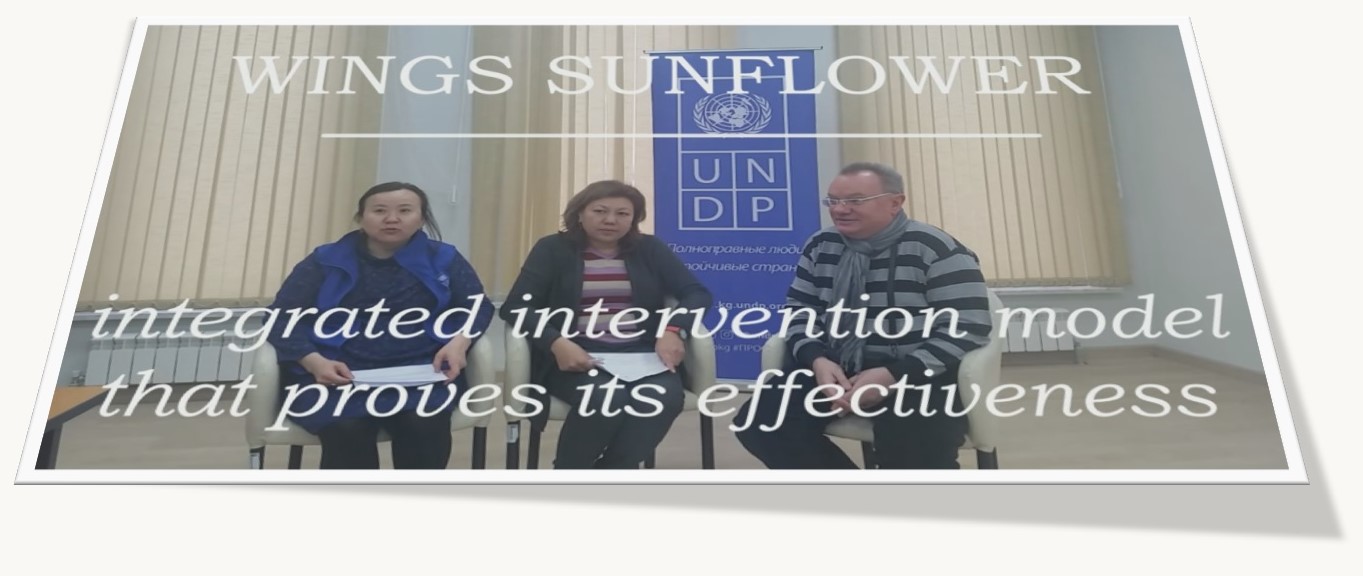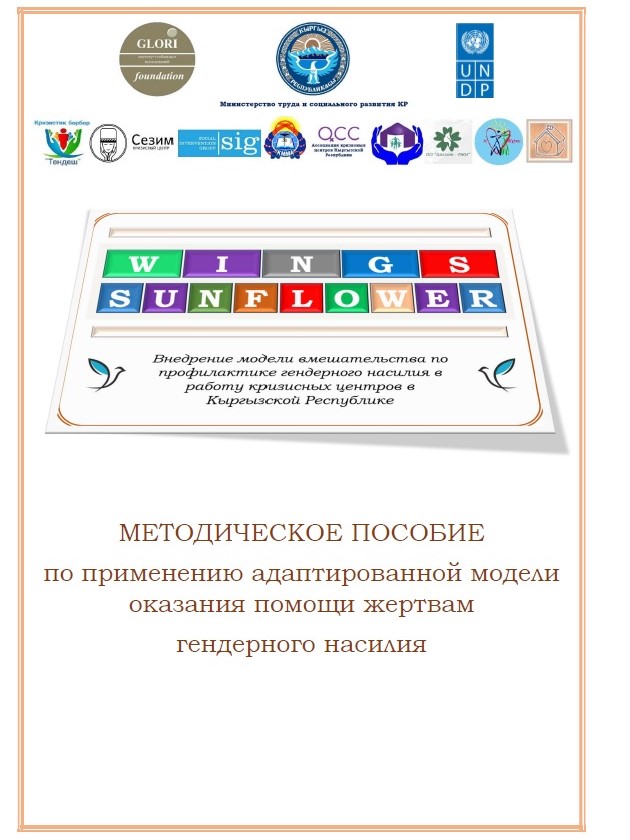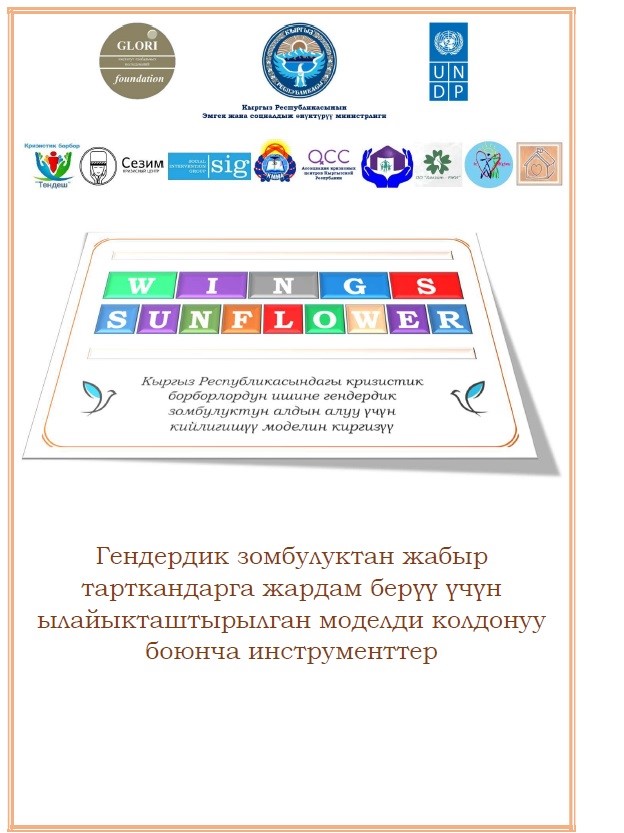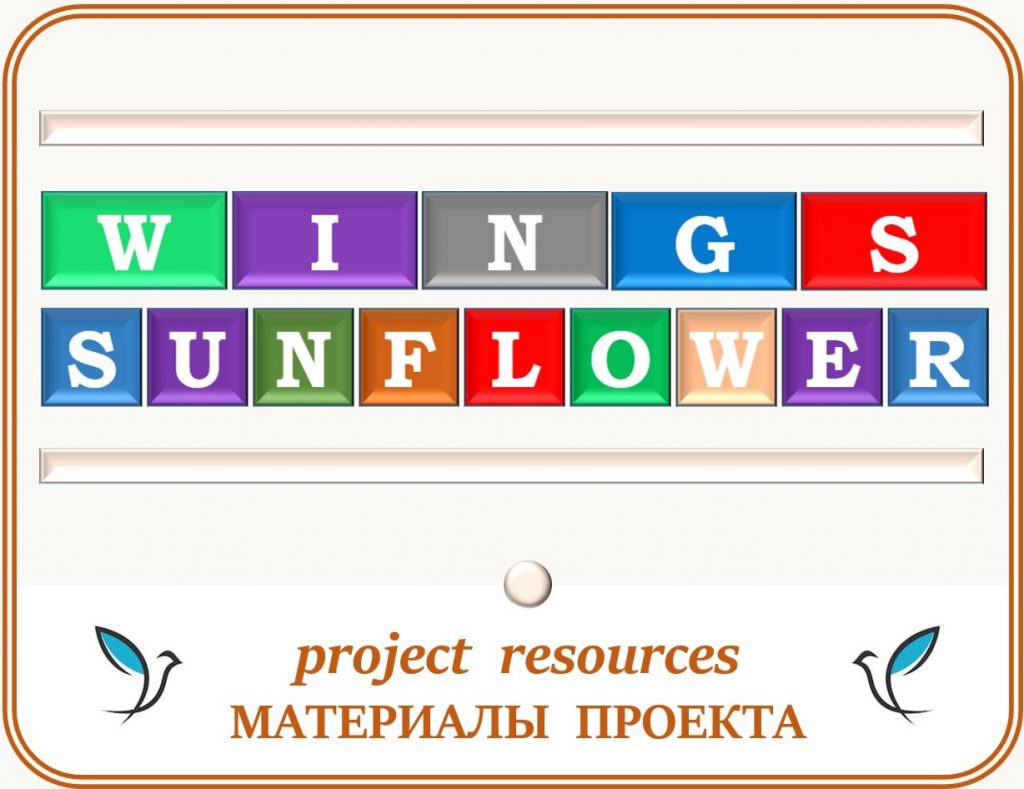
Since May 2019 in Kyrgyzstan the Global Research Institute (GLORI Foundation) collaboratively with six Crisis Centers and the Association of Crisis Centers of the Kyrgyz Republic, have been applying the UNDP-funded project that aims at integration of the intervention model on prevention of gender-based violence in Crisis Centers activities in the Kyrgyz Republic. These six Crisis Centers are “Ak Jurok” (the town of Osh), “Ayalzat” and “Meerman” (the town of Karakol), “Tendesh” (the town of Naryn), and “Sezim” and “Chance” (the town of Bishkek). The project team collaborates with the partners in the Republic of Korea who help with adapting and applying specific components of the SUNFLOWER mechanism in Kyrgyzstan.
Republic of Korea has a one-stop service mechanism for GBV survivors, known as the Sunflower Centre. Sunflower Centres are housed in hospitals and provide integrated support, including medical, counseling, legal and police-investigation services. As of November 2018, there are 38 Sunflower Centres across the country. The Centres are administered by the Ministry of Gender Equality and Family, in collaboration with local governments, hospitals, and the police. Sunflower Centres are fully funded by the Government in Korea. The Sunflower Centre also provides targeted support for underage victims and persons with disabilities. It focuses on capacity development for preventing and identifying cases of violence, promoting gender equality, ensuring stronger and more effective measures to provide services to beneficiaries, protecting their rights, and preventing secondary victimization.
The six Crisis Centers have been working using the unique client-oriented methodological framework that builds on WINGS model invented at the Columbia University Social Intervention Group. The WINGS acronym stands for Women Initiating New Goals for Safety. The key components of WINGS model include: a short educational course, where women are trained about the specifics of particular type of gender-based violence; a screening process to identifying the level of victimization with the purpose to find out about the risk of becoming the victim of violence; intervention aimed at, motivating and improving the participant’s emotional state; developing the safety plan; and setting goals for the nearest future. This approach is called SBIRT, which stands for Screening, Brief Intervention, and Referral to Treatment. One of the key elements of the SBIRT framework is referral to appropriate service-providers depending on each particular case severity and specifics of the survived violence.
Although women with diverse social status and income level are at risk of violence, the project beneficiaries can be classified as individuals with below-average income, thus the issues of household budget sustainability remain very important to them. These women apply for help to the crisis centers after they experience gender-based violence or intimate partner or domestic violence. Very often they experience psychological abuse in the form of insults and threats. Other discovered forms of violence included unlawful detention, preventing from seeing family, and forcing to eat by herself, away from family. Economic violence is widely observed in the form of suppression of women by limiting her financial resources or, on the opposite, by abusing their trust and building debts in their names.
Collaboratively with experts and civil activists several medical agencies were screened with a purpose to identify the ones that would be willing to to be a site for piloting one-stop GBV-service provision mechanism equipped with consideration of the globally acknowledges standards, whose experience later could be disseminated to other medical agencies in the country. It is important to create comfortable conditions for violence survivors that would consider norms of privacy and allowed to manage client-friendly investigation activities by law enforcement officers. These centers have to have WI-FI, there should be sufficient audio and video equipment, and one-way mirrors designed many years ago by Arnold Gesell, that is reflective on one side and transparent at the other. This will allow to collect the testimonials necessary for documenting violence and interview the victims involving the experts and professionals who would do it via video-conference. The medical institution has to have clear and effective protocol describing collaboration with law enforcement agencies and prosecutors. It’s also important that if women apply there for help, they feel safe and get all necessary scope of services and support, including for their children.
While implementing this project, crisis centers are in full compliance with the government agencies and country leadership who work on applying the standards described in the National Plan for Achieving Gender Equality that has been developed for 2018-2020 period and approved by the Government’s Memo #537 as of 19 November 2018. The Memo focuses on packaging services for women and girls who experience gender-based and domestic violence.
Through this link you can access Russian version of the Methodological Guidelines on adapted WINGS SUNFLOWER GBV-prevention intervention with sessions scripts and monitoring and evaluation solutions:
Through this link you can access Kyrgyz version of the Methodological Guidelines on adapted WINGS SUNFLOWER GBV-prevention intervention with sessions scripts and monitoring and evaluation solutions:
The Resource Book with description of SUNFLOWER Centres activity in the Republic of Korea, in Russian, can be accessed from here:
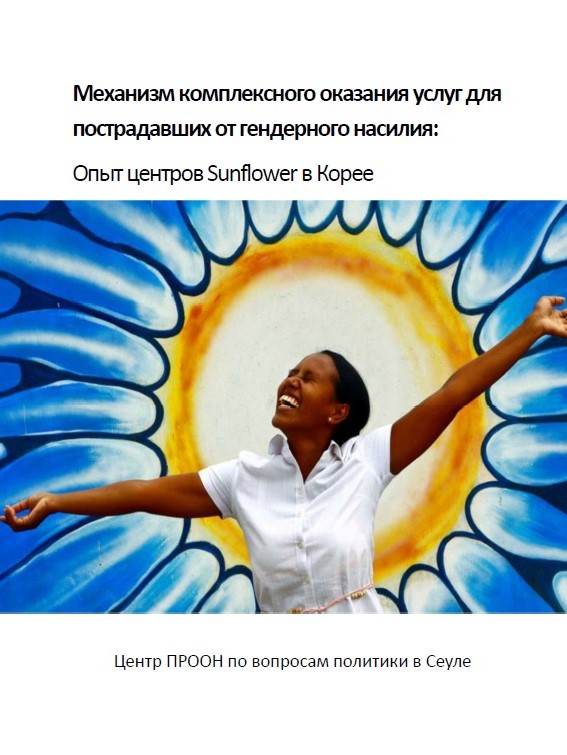
The Resource Book with description of SUNFLOWER Centres activity in the Republic of Korea, in English, can be accessed from here:
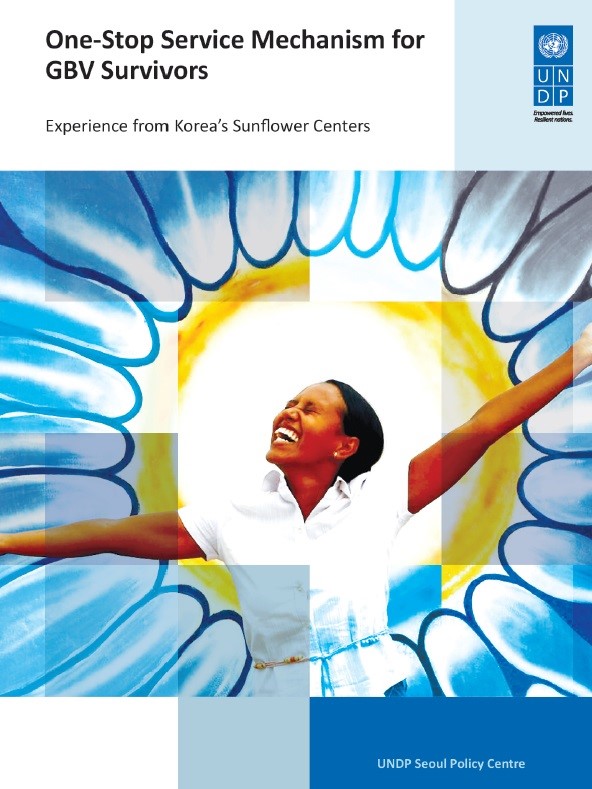
Overview of SUNFLOWER Centres’ activity in the Republic of Korea, in English, is available from here:
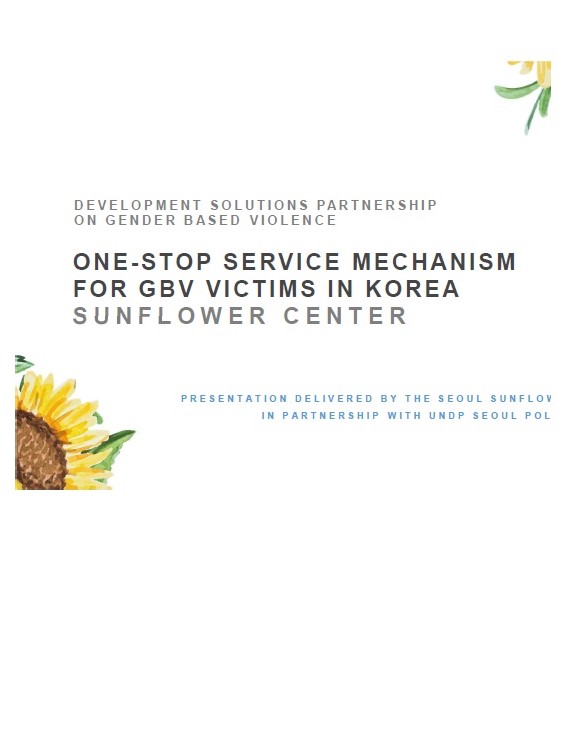
We recorded this 2-minute video at the UNDP office when just started preparations to the WINGS SUNFLOWER International Conference. In the video Ms Bermet Ubaidillaeva who coordinates the project on behalf of the Gender Program at UNDP in the Kyrgyz Republic, Ms Tolkun Tiulekova who is the Executive Director of the Kyrgyz Crisis Centers Association, and Mr Danil Nikitin of the GLORI Foundations, are telling about successful collaboration while implementing this exciting project:
